
Rock Mechanics Testing Equipment

Rock Mechanics is a branch of geotechnical engineering and includes the theoretical and applied sciences of the mechanical behaviour of rock and rock masses. Rock testing includes laboratory as well as field testing and allows for methods of computation and field observation of structural behavior. Slopes, tunneling, dams foundations and surface constructions requires the characterization of involved rocks and the analysis of their reaction to induced stresses.Read More...
Products
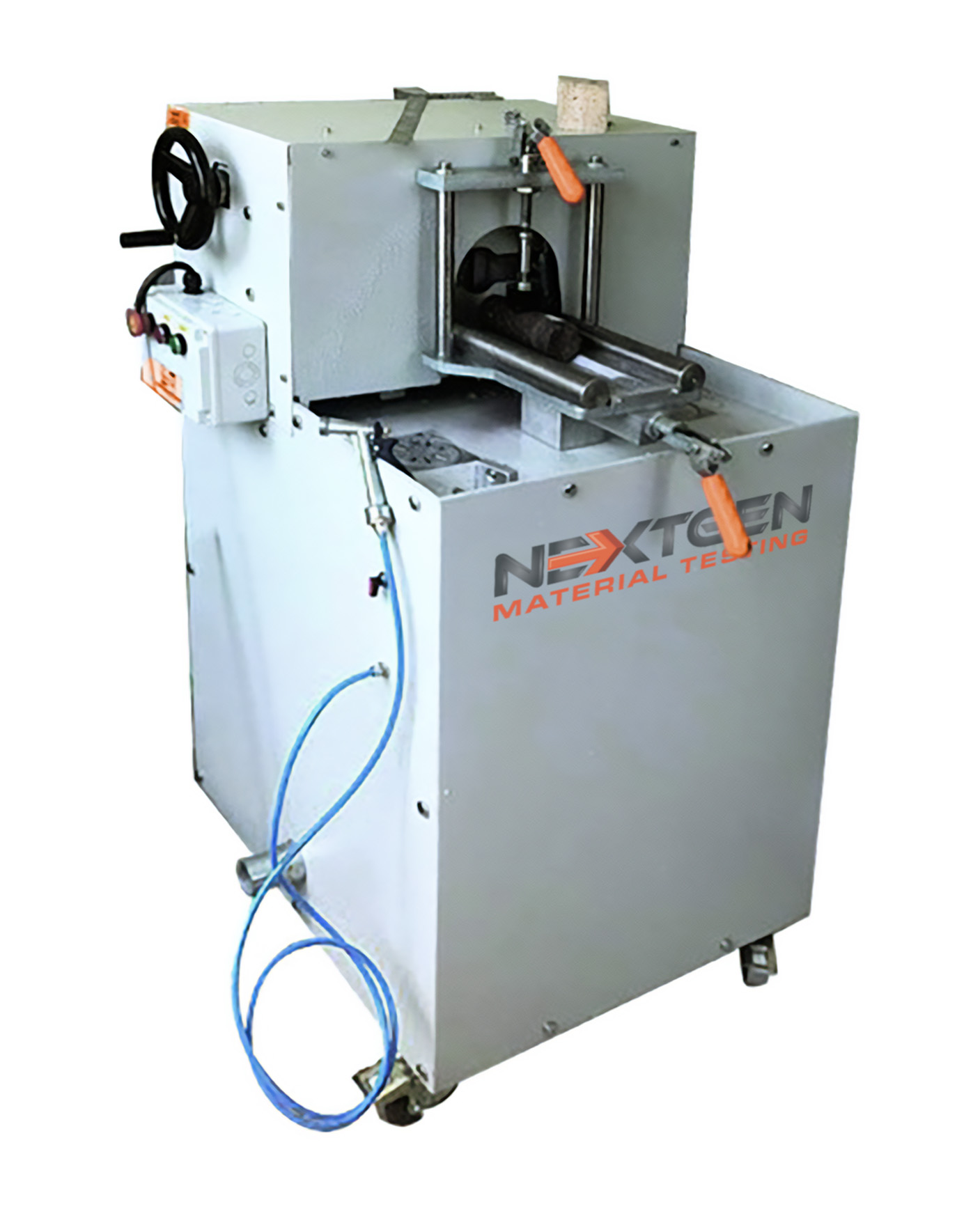
Semi-Automatic Core Grinding Machine - NG-CoreGrind 1000
Our Semi-Automatic Core Grinding Machine (also known as Coregrinder or Core Grinder) is the preferred alternative to the traditional rubber / sulfur capping methods used by Quality Labs
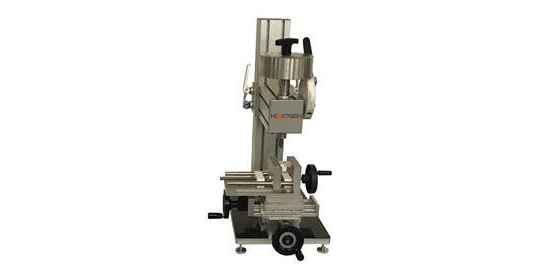
West Cerchar Abrasivity Index Tester
Description The West Cerchar Abrasivity Index Tester is designed to determine the rock abrasivity index (CAI) for the purpose of quantifying the classification of rock materials abrasivity. This type of test is especially valuable in the mining industries, underground construction […]
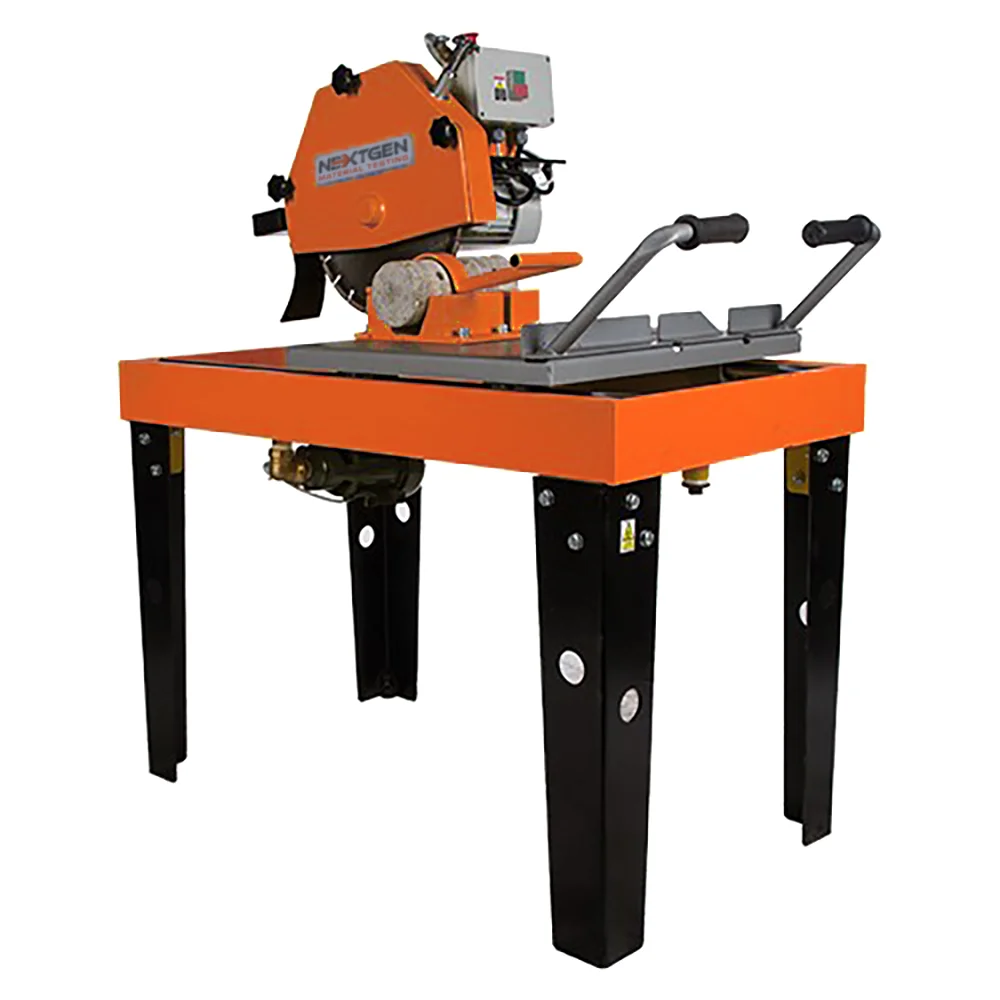
Rock Core Cutter and Masonry Saw
Our Rock Core Cutter and Masonry Saw designed for preparing concrete, rock, or natural stone cores and test specimens.
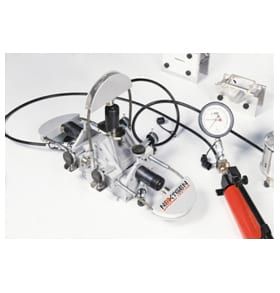
Rock Shear Box Apparatus
This apparatus was originally developed at Imperial College, London, by Professor E. Hoek. It is a simple and practical method of determining the strength and slope stability of rock, both in the field and in the laboratory.
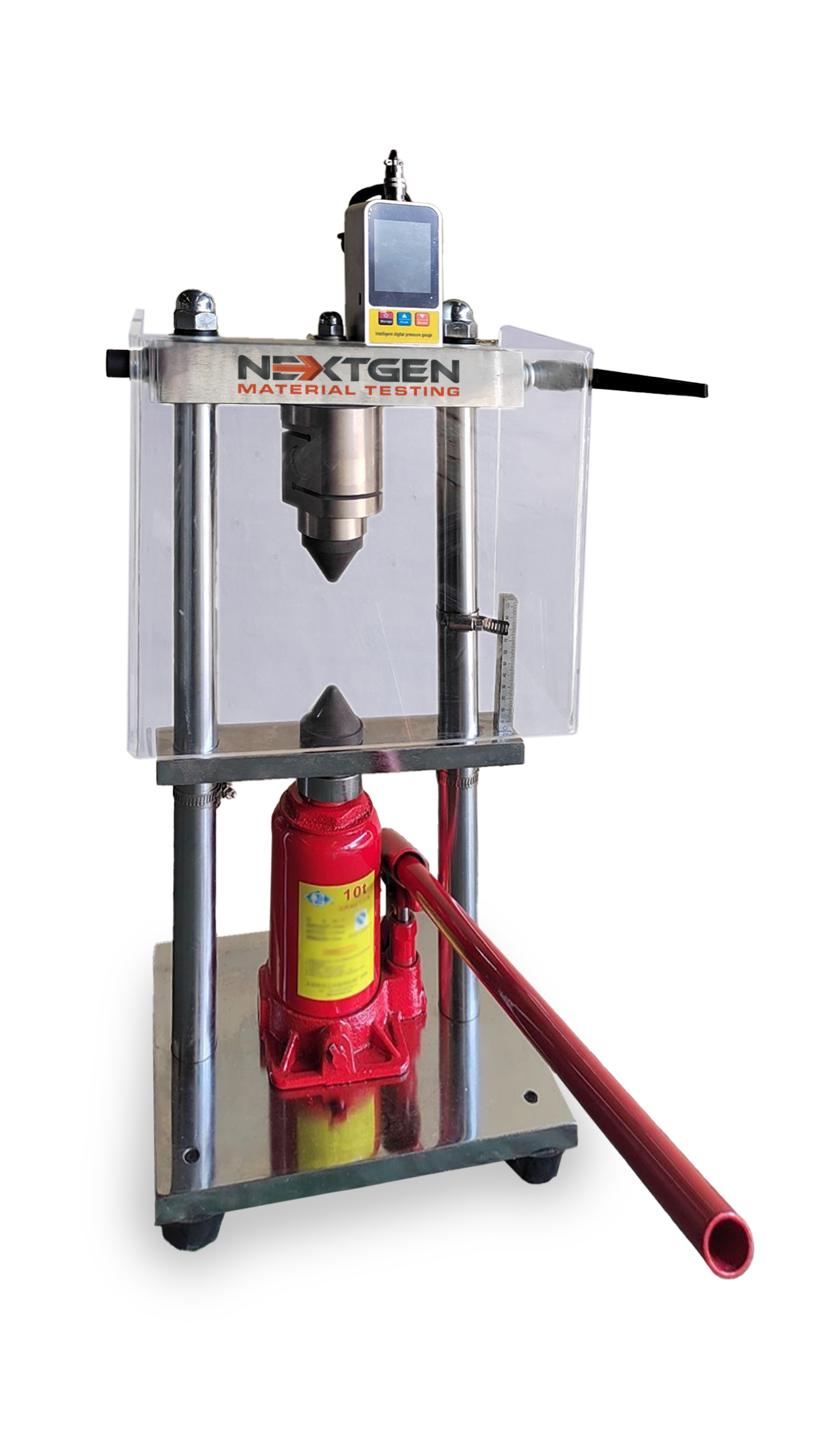
Point Load Tester: Portable Rock Strength Testing for Field Applications
Discover the high-precision Point Load Tester for fast and reliable rock strength testing as a cost-effective solution for geotechnical and construction projects.
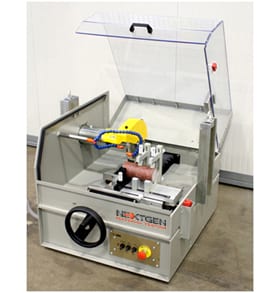
Core Trimmer and Cut-Off Machine - NG-CoreTrim
NG-CoreTrim is used to obtain rock samples perfectly machined (cube, prisms, etc) from irregular rock or core pieces. It is supplied complete with a proper vice to hold irregular pieces firmly in place up to 7x14
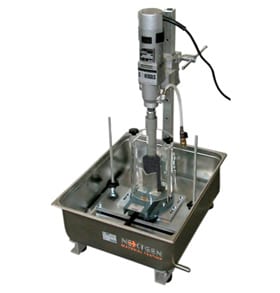
Laboratory Coring Machine and Bits
This machine is specifically used in the laboratory for cutting core samples from hard materials such as rock and concrete.
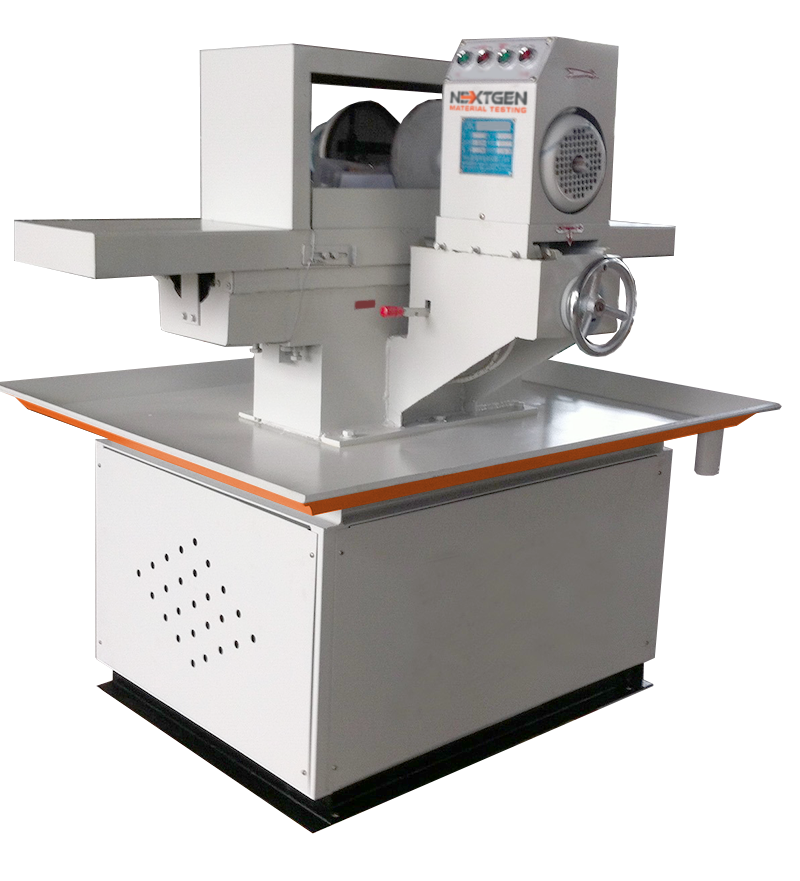
Double Faced Rock Core Grinder Machine NG-CoreGrind 2000
CoreGrind Double faced core grinder machine is designed to grind and polish the end surfaces of concrete & rock cube and cylinder specimens.